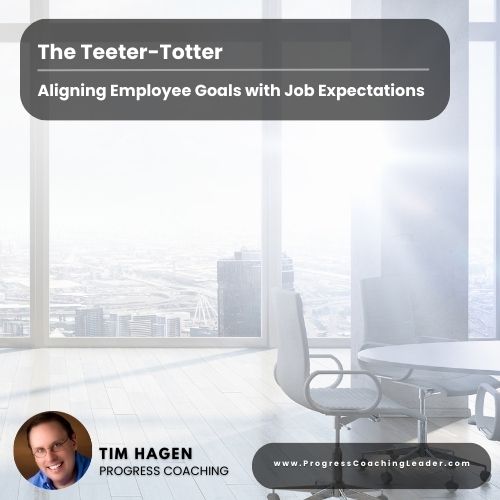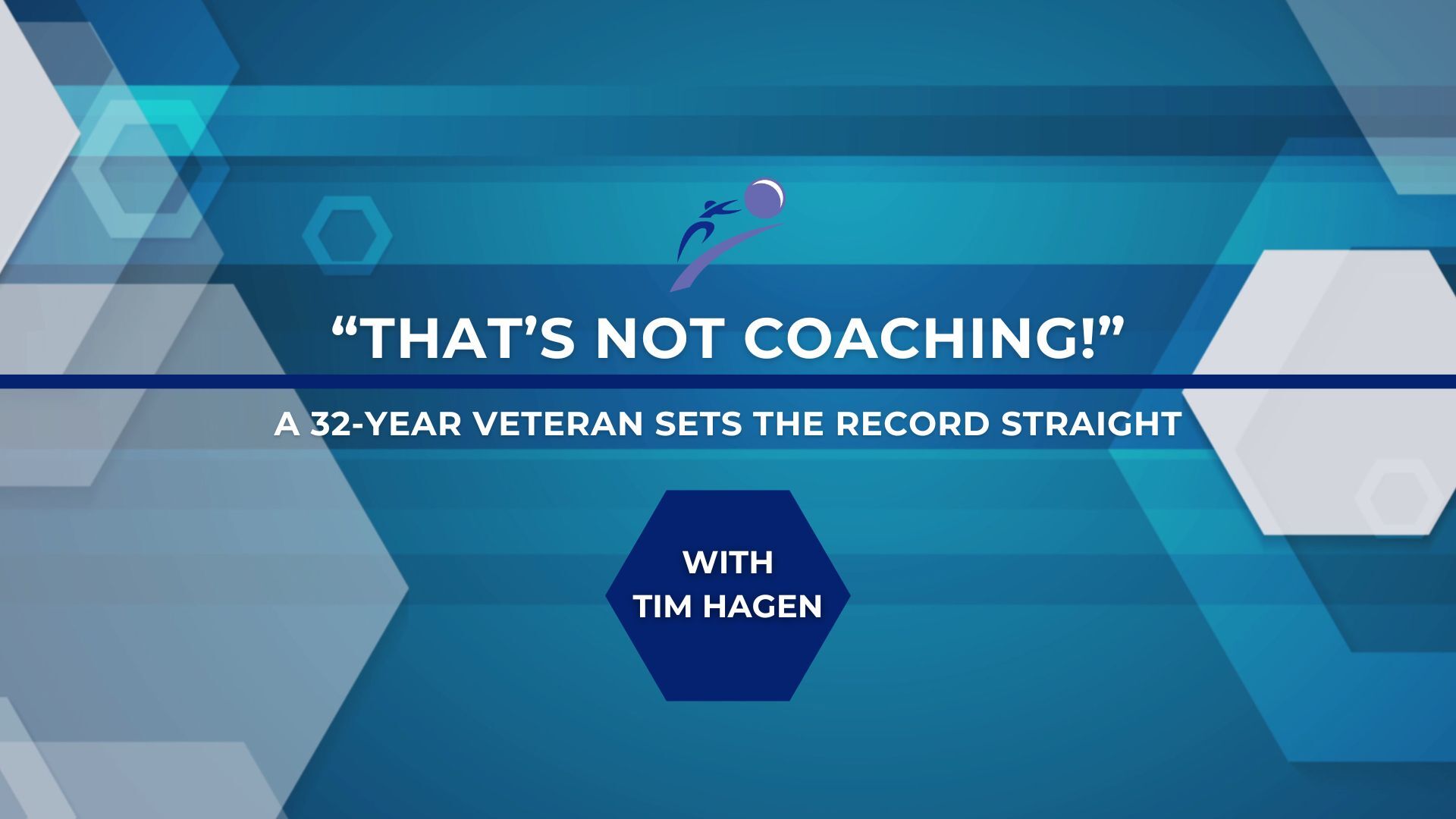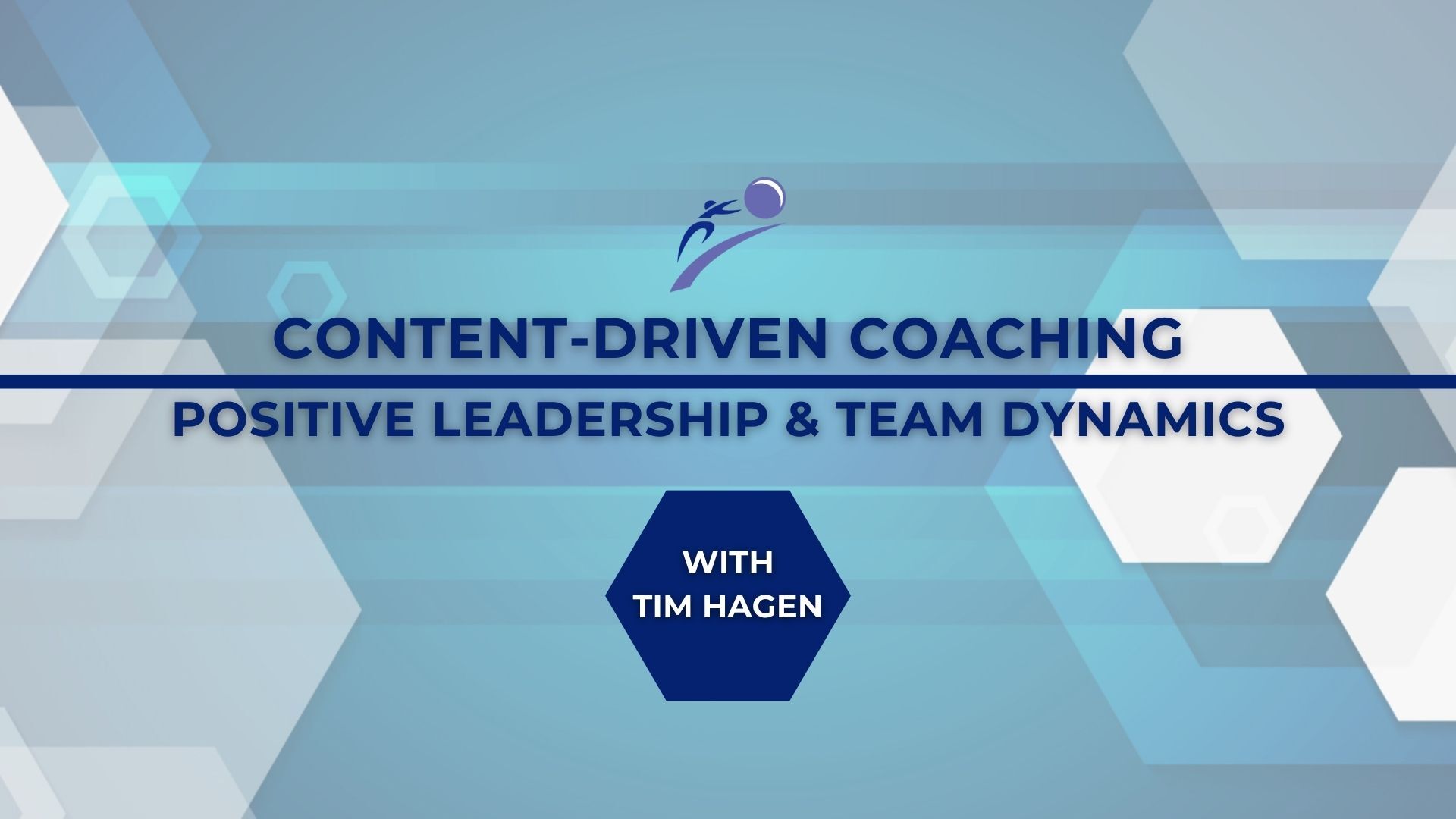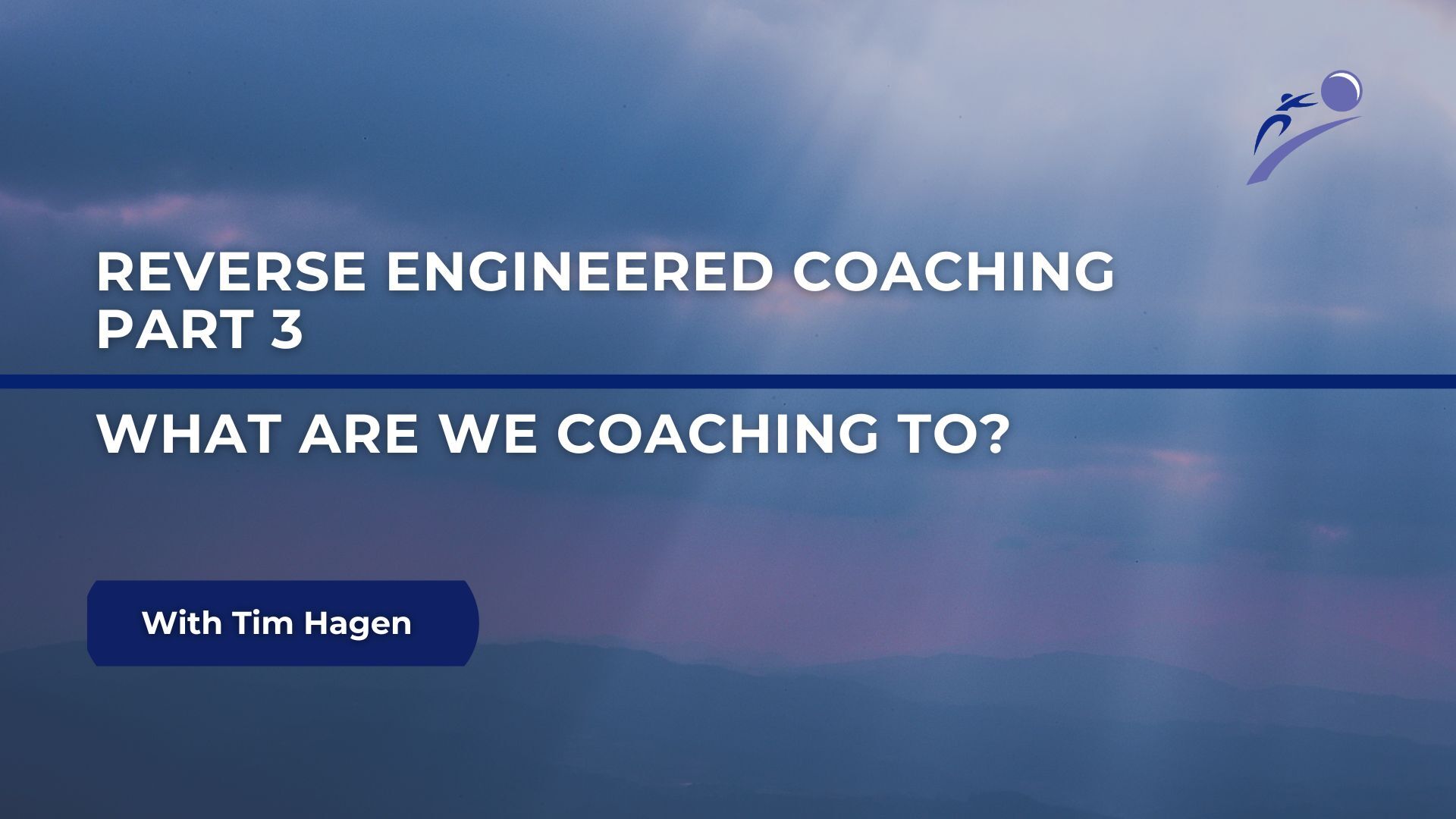The Teeter-Totter: Aligning Employee Goals with Job Expectations
Have you ever considered the delicate balance of personal goals and job expectations? What if your aspirations for an employee don’t align with their personal ambitions?
We kick off 2024 by revisiting the essential coaching conversation fundamentals, starting with the teeter-totter metaphor, an equilibrium act of balancing job expectations with an employee's personal goals. A tilt towards one side might lead to employees stepping off the teeter-totter.
Join us as we explore the intricacies of awareness conversations. We underline the art of sharing opportunities, perspectives, and observations with your team. A key case study brings light to a company that promoted people to managerial positions, only to discover that 44% of them were not interested in the promotions. This leads us to role-play a balanced conversation about future roles, demonstrating effective strategies to align your goals with what your employee wishes and is capable of doing.
Allow us to show you how to navigate and achieve effective awareness conversations with your team.
In kicking off 2024 with coaching conversations, I always go back to the fundamentals of having an awareness conversation. Previously, we talked about the teeter-totter. The teeter-totter is where you expect things of your employees specific to the job, and the employees also have their own goals. That's a teeter-totter. You can't just have one dominate the other side. If your side is your job expectations of an employee and you don't even talk about the person's goals or career aspirations, sooner or later, they will get off the teeter-totter.
How do we have that conversation?
The fundamentals of an awareness conversation use the following six words:
we, share, opportunity, perspective, observation, and the word AND.
When you start an awareness conversation, you are going to have expectations. You might even have a target goal specific to that person. Now, I cannot stress this enough: your goals and what you think they can do, and what you know they can do, maybe even the goals and aspirations you have for them, you cannot have for them for them.
Let me give you an example.
We had a client who literally promoted individuals into first-time people management positions. About two years later, we started to uncover some strange things, and I contacted our client and said some of their responses were weird. It looked like they weren't even into people at all. What we found out was 44% of the people promoted into people management positions did not want those promotions. Yet they felt like they couldn't say no to their bosses.
The organization had great intentions, yet what came at the expense of people were those exact things they were expecting, wanting, and wishing without having the conversation.
One of the things you can do is sit down with someone and say, "Joanne, one of the things I thought about is you potentially becoming a future leader. Now, that's not my decision, that's your decision. What I'd love to have you and I do is share some opportunities as you see them inside your job, where we could work together to have you move beyond the job, if you so choose. Hearing that, what are some of your perspectives and observations?"
Notice, I use the language of we, share opportunity, perspective, observation, and the word AND.
Having that awareness conversation is absolutely crucial.
Activities to Help Develop and Employee's Self-Awareness
-
Provide the following statistic to them: In Tasha Eurich's book, Insight, her study revealed 80-85% of people significantly lack self-awareness, the impact their actions and words have on others. Use a technique called dovetailing such as: "Looking at that statistic, what are some areas you're highly aware you do extremely well, and what are 2 areas you would like to improve that you think would facilitate greater performance and position you to progress in you career?" (Dovetailing is leading a question with positivity and strengths, then followed by an area of opportunity). Once they answer that question, make sure you write down their answers so you can review them later.
-
Ask them these questions and have them write down their answers in a journal or notepad so they can look back on them over time: 1) What did you learn? 2) What did you learn about yourself that you're positively committed to improving? 3) What are positive steps you're going to take based on what you've learned?
-
Have them write down actions they can and are willing to do to accelerate their learning in becoming more self-aware.
-
Ask them to go and seek feedback from their peers, and their only response can be the words "thank you." (No defense or explanations allowed). You want to create a safe space so this can occur, but it provides a stronger approach to helping someone develop their self-awareness over time.
-
Ask them to observe and journal other individuals who are highly self-aware or exhibit a high-degree of emotional intelligence (over the span of several week). Each journal entry should include their notes of what they think of what they observed and compare to their own behaviors.
We have created a NEW service called Coach 2 YOU, where leaders can assist short, targeted 7- to 21-day programs to coach their employees without ANY of their own time to truly partner and assist in the coaching process.
Get more info here: https://form.jotform.com/233504052497051





